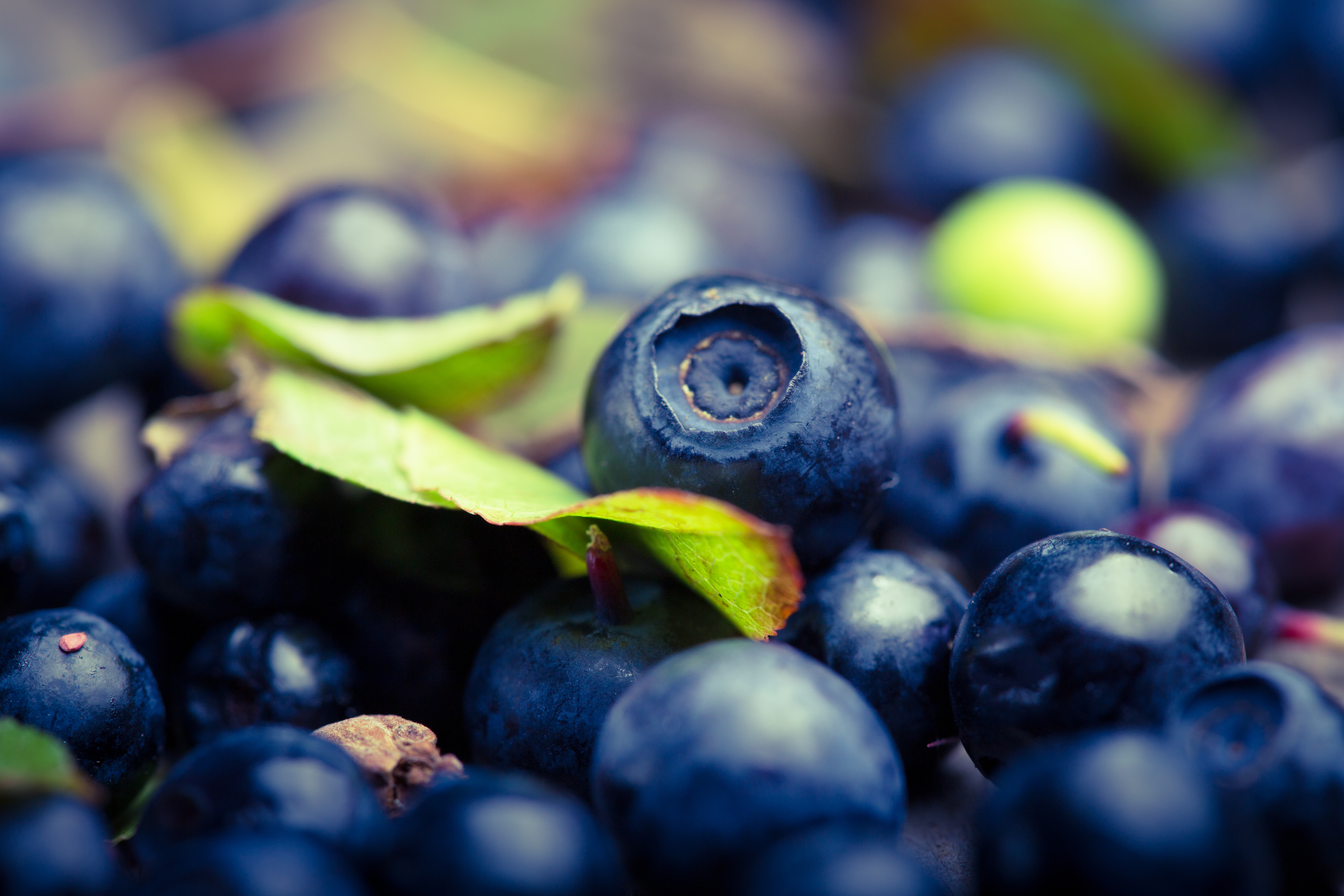South Africa: Blueberries are now being harvested in the Limpopo bush – and exported across the world
When three entrepreneurs were looking for land to start growing blueberries, a game farm in Limpopo – where temperatures can reach 45 degrees in summer – was not an obvious location. After harvesting, blueberries require very cold temperatures to keep them fresh. Growing them also require a lot of water.
For Vance Kershner, Andrew Torr and Victor van Eck, their biggest challenge was finding a 60 hectare farm with a steady water supply and with water rights. After an extensive search around the country with no joy, they identified a 50 hectare portion of land in the Madikwe Conservancy, close to the Derdepoort Botswana border in the Limpopo Province.
There were some major challenges, including the heat and extreme weather conditions. The area sees heavy localised thunderstorms accompanied by hail.
Also, porcupines, monkeys, birds and rats from the surrounding conservancy were a threat to the crops.
The farmers built tunnel structures covered by shadenet to mitigate the weather risks and constructed an electric fence around the perimeter of the project to keep out wild animals.
They also built their own world-class pack house which enables them to cool the berries down to 5 degrees within an hour of picking, after which the berries are packed for dispatch. To ensure that fruit freshness is maintained the cold chain cannot be broken until it reaches the consumer. Fruit is then exported in refrigerated containers which have an inert gas blanket that also prolongs fruit life.
Madikwe Berry, which broke ground in 2017, harvested their first blueberries in August this year. The berries are export quality, which requires them to be larger then 13mm, according to general manager Vic Van Eck.
Blueberries are harvested once a year starting in the spring and are exported continually over the harvest season. Madikwe Berry has planted 7 varieties of blueberry to ensure a prolonged harvest. To improve crop yield they bring in 300 to 400 beehives every May for about 3 months to assist with pollination of the blue berries according to Van Eck.
Blueberries are relatively new in South Africa and establishing them requires a large initial capital investment. The plants can bear fruit within 6 to 8 months depending on their size – a blueberry bush can produce fruit for between 6 and 8 years.
South Africa’s blueberry industry is still relatively small, but has been growing rapidly from R15.8m (value of production) in 2008 to R1.25bn in 2018, the agricultural economist Wandile Sihlobo recently reported. It is a labour intensive industry – requiring 2.64 full-time workers per hectare, the highest employment intensity among the major fruits grown in SA, Sihoblo wrote.
The Madikwe farm employs more than 60 permanent workers on site and in the harvest season employs an additional 400 seasonal staff. Most workers are employed from the local communities, says Vic and the seasonal staff are bussed in from villages 40km away.
Almost all their berries are exported to Europe, Germany, Ireland, the Netherlands and the UK, through their business partner Berryworld which is the largest blueberry exporter in South Africa.
24/11/2019







